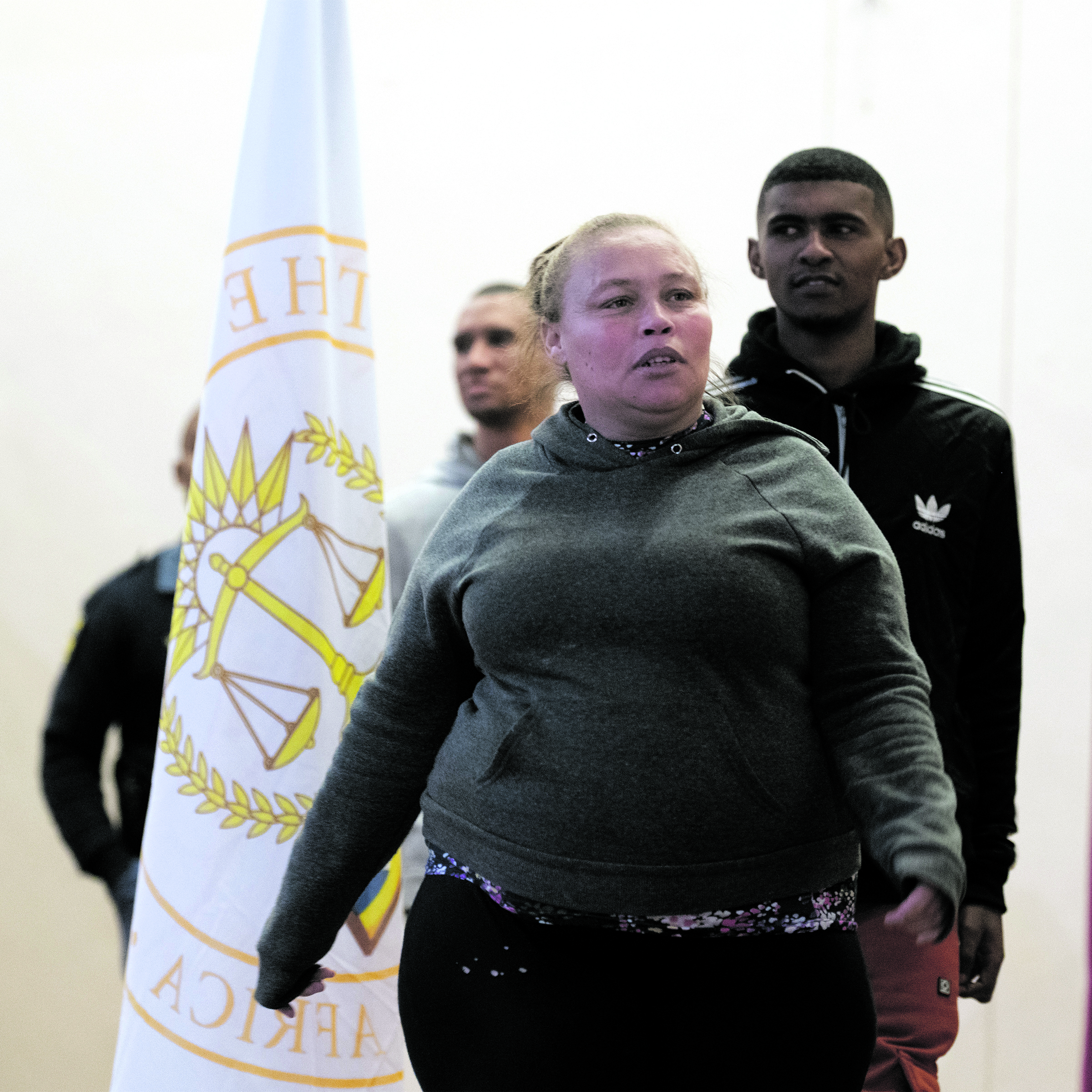The City of Cape Town retains its unenviable position as being among South Africa’s leading contact crime hotspots, with four of the five top police stations where these crimes are reported being in the city.
The South African Police Service (SAPS) explains that “contact crimes” are those where “the victims are the targets of violence or instances where the victims are in the vicinity of property that criminals target and are subjected to the use of or threats of violence by perpetrators”. These crimes run the gamut from murder and rape to assault and carjacking.
The latest police statistics, released by Police Minister Senzo Mchunu on 23 May, covering January to March 2025, show that murder rates in the Western Cape decreased slightly, with a total of 1,068 reported cases, down from 1,112 during the same period in 2024.
Despite this reduction, several areas in Cape Town remain high-risk murder zones, consistently ranking among the nation’s most dangerous.
Delft topped the list in the province, recording 66 murders, a slight increase from the previous year’s 65 murders. Mfuleni followed closely with 65, up from 60.
Nyanga, despite a reduction from 72 to 63 murders, remains one of the highest contributors to murder rates in the city. Philippi East experienced a significant spike, with murders increasing dramatically from 36 to 59, highlighting continuing challenges in tackling violent crime in some communities.
The overall murder rate in the Western Cape remains alarmingly high compared with the national average. The provincial ratio of 14.2 murders per 100,000 people is significantly above the national average of 9.1 per 100,000 and it is only lower than the Eastern Cape’s 15.4 murders per 100,000 people.
Read more: Violent crime and the myth of South Africa’s ‘white genocide’
Daily Maverick reported that Mchunu, speaking at last Friday’s release of the crime statistics, said: “We do not deny that the levels of crime in the country are high – we are very concerned. Crime cuts across all divides.
“We are currently intensifying the fight against crime and criminals. The crime stats we are presenting today will show progress. We commend and encourage the SAPS to fight on and [fight] harder. We will win.
“The crime statistics are based on crimes that get reported, and we see a decline in various categories of crime, as will be reported today.
“We note that there is more crime in terms of daily lived experience and a feeling of vulnerability. It is for this reason that we are adjusting our methods of fighting crime and adapting to the new trends and threats out there,” said Mchunu.
Western Cape provincial authorities have similarly acknowledged the gravity of the situation while cautiously highlighting recent progress. Western Cape premier Alan Winde and MEC for police oversight and community safety Anroux Marais expressed cautious optimism about consecutive quarterly declines in murder, emphasising that targeted law enforcement and community interventions are beginning to yield results.
Worryingly high numbers
“We are heartened by the decrease over three consecutive quarters; however, the numbers are still worryingly high, and 10 of Western Cape South African Police Service stations were among the top 30 stations in the country with high murder rates,” the premier said.
“During this quarter, the Law Enforcement Advancement Plan (Leap) was deployed in six high-priority areas: Delft, Nyanga, Philippi East, Gugulethu, Khayelitsha and Mitchells Plain.
Read more: Gangstas’ Paradise – how the ‘bullet rule’ of gangsters is strangling the life out of SA’s Mother City
“Of these, there were decreases in Gugulethu of 39.7%, Khayelitsha of 9.5% and Nyanga of 12.5%. Worryingly, there were increases in Delft of 1.5% and Philippi East of 63.9%. The figures for Mitchells Plain are not yet available. This suggests a positive impact of the Leap initiative.”
Marais added: “Despite these gains, we all remain gravely concerned about the rate of violent crime in the province, the high proportion of gang violence and the impact of violence on individuals and communities.” DM
This story first appeared in our weekly Daily Maverick 168 newspaper, which is available countrywide for R35.






